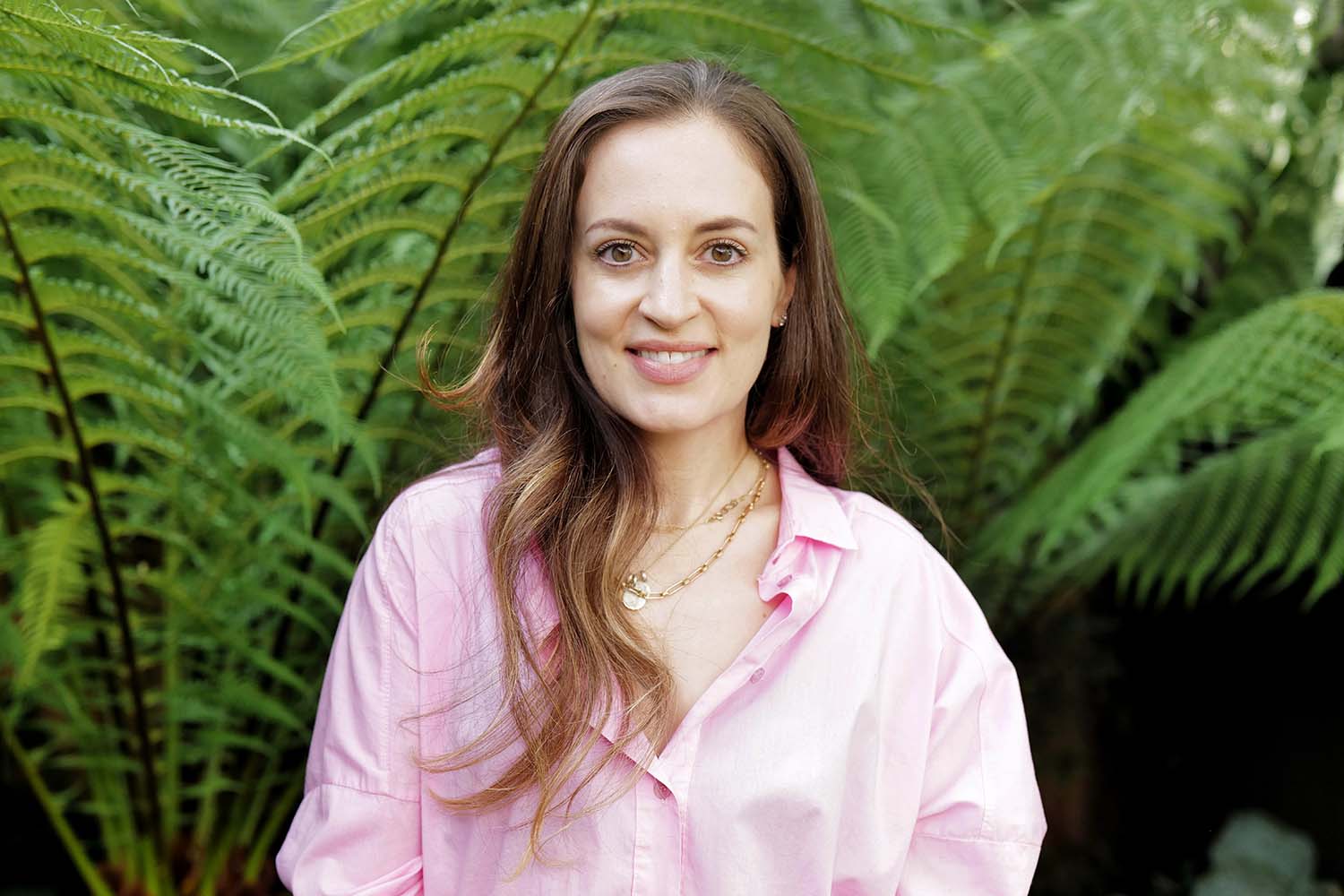“Islands are places you flee to, or from which you flee.” So began Welcome to Glorious Tuga, the first in Francesca Segal’s beguiling trilogy about a young vet’s life on “the world’s most remote populated island”, the fictional Tuga de Oro. Island Calling, the second volume, confirms what the first so artfully proposed: that the island, in the right hands, is not just a setting but a logic. Islands are crucibles that possess a unique narrative authority: finite, self-contained, shaped by natural rhythms and cultural quirks. They offer a bordered stage: in the best island novels, the drama lies not just in what happens, but in how proximity alters and heightens the terms of engagement. The allure is not just the physical isolation but the imaginative potency: islands force characters into confrontation with the selves they have sought to evade.
Tuga de Oro is a British colony in the tropics, described (incorrectly) in the guide books as offering a taste of “English community life from a bygone golden era”. In fact, it is more distinctive than that. Tuga has its own language (evening is “first bat”), its own topography (you can walk from the korasons to the montaña to the moshav), its own epistemology. And crucially, it has its own calendar. The novel begins with Tu B’Av, a festival of romantic celebration – vivid, excessive, joyful – and ends with Santa Esterica, the feast of mothers and daughters. The island’s heart beats to the rhythm of Island Open and Island Close: storms sweep in every year, cutting Tuga off from the world. These are not simply instances of local colour; they bracket the narrative and ground its emotional shifts in seasonal return.
At the centre is Charlotte Walker, a vet who has fled one island, Britain, only to land on another. Tuga, for Charlotte, is an escape – but, as Segal makes plain, the world is not so easily left behind. The central tension of Island Calling is not exile but inheritance. At the end of Welcome to Glorious Tuga, Charlotte learned that the island’s busy, absurd minister, Garrick, was her father. Now, another revelation arrives uninvited: Lucinda Compton-Neville QC, Charlotte’s mother, imperious and forensic. She is both comic and tragic – a woman of great precision and even greater emotional opacity – and Charlotte is forced into a reckoning. “She had been formed both longing for her mother’s attention and fearing it.”
It would be easy to call these books comfort fiction. James Herriot meets Gerald Durrell; Death in Paradise without the death. They are the kinds of books you want to save for a wet February evening, or a day in bed with a cold. Yes, they bring joy. But that joy is not unexamined. Segal is writing in a comic tradition that runs from Jane Austen to David Nicholls: her novels tie emotional and relational knots only to untie them, elegantly, at the close. The pleasures are the product of craft, not escapism. Segal’s sentences are finely calibrated; the comic touch is deft. And what she constructs, beneath the surface warmth, is a profound meditation on legacy: familial, psychological and literary.
By the end of Island Calling, the island itself has shifted. The storms subside. Tuga is open again, to the world, and to possibility. The emotional geography of the novel mirrors the physical: estrangement gives way to partial understanding, suspicion to a kind of brittle affection. The plot, like the island, allows just enough room for grace.
Segal’s first two novels – The Innocents and The Awkward Age – were barbed satires of family life. Her Tuga books feel as if they are written by a very different pen, and at odds with the moment. At a time when the world is all rupture, trauma, abrasion, she has written something almost defiantly classical: shapely, generous, intricately resolved. And yet these are not naive or antique books. They are island novels in the deepest sense: not isolated from the world, but designed to illuminate its contours through distance. The brilliance of Island Calling is that it knows escape is a fiction and offers that fiction, precisely, as solace.
Island Calling by Francesca Segal is published by Chatto & Windus (£16.99). Order a copy from observershop.co.uk to receive a 10% discount. Delivery charges may apply
Photograph by Sophie Davidson
Newsletters
Choose the newsletters you want to receive
View more
For information about how The Observer protects your data, read our Privacy Policy
